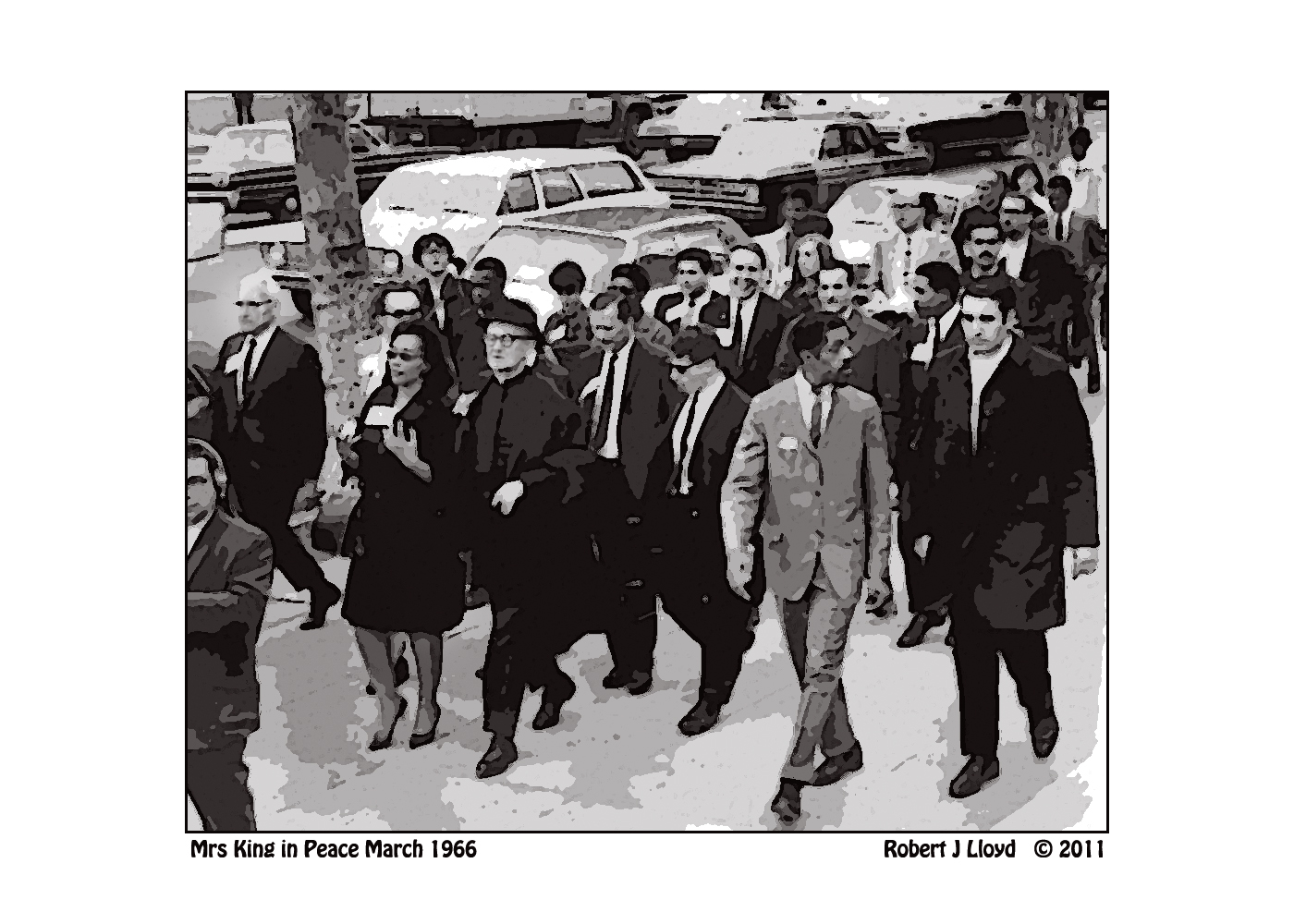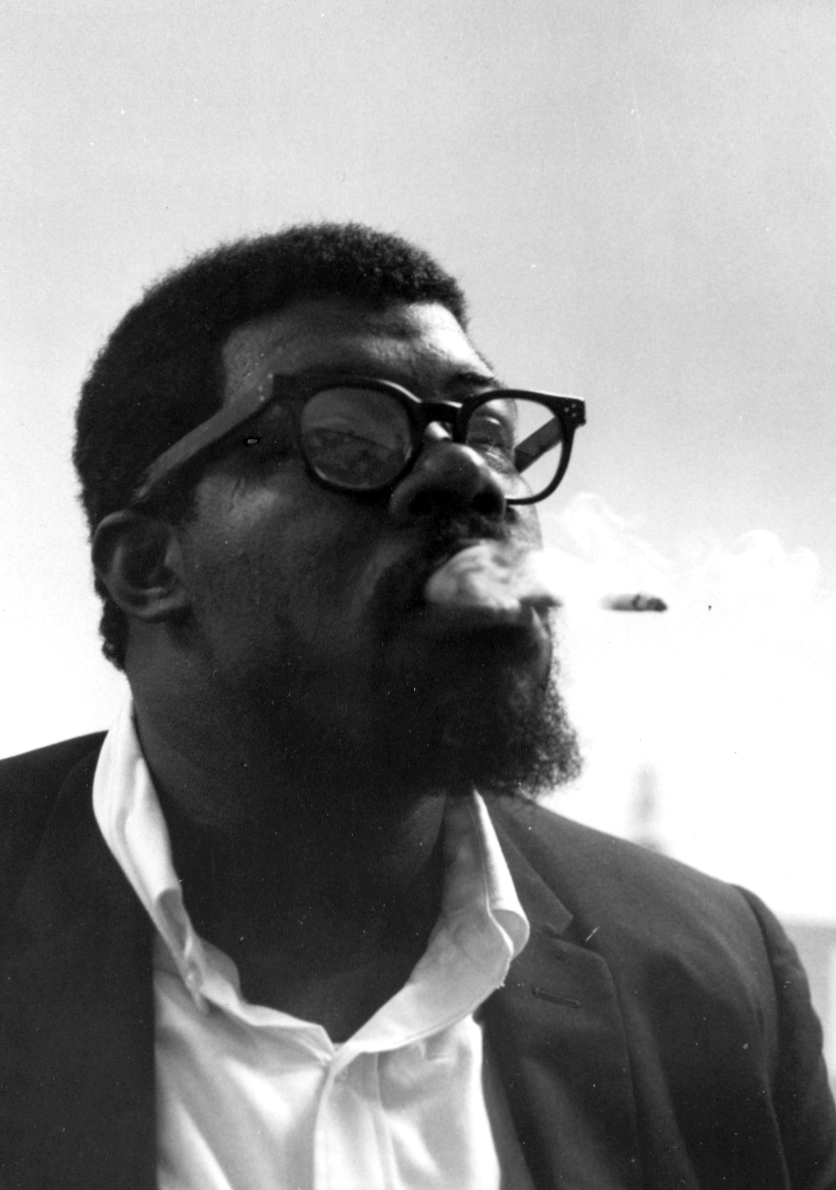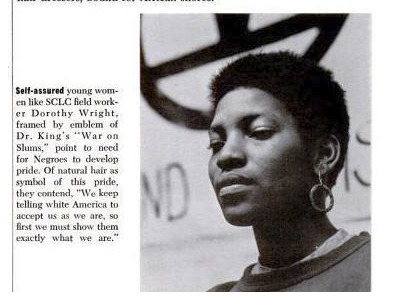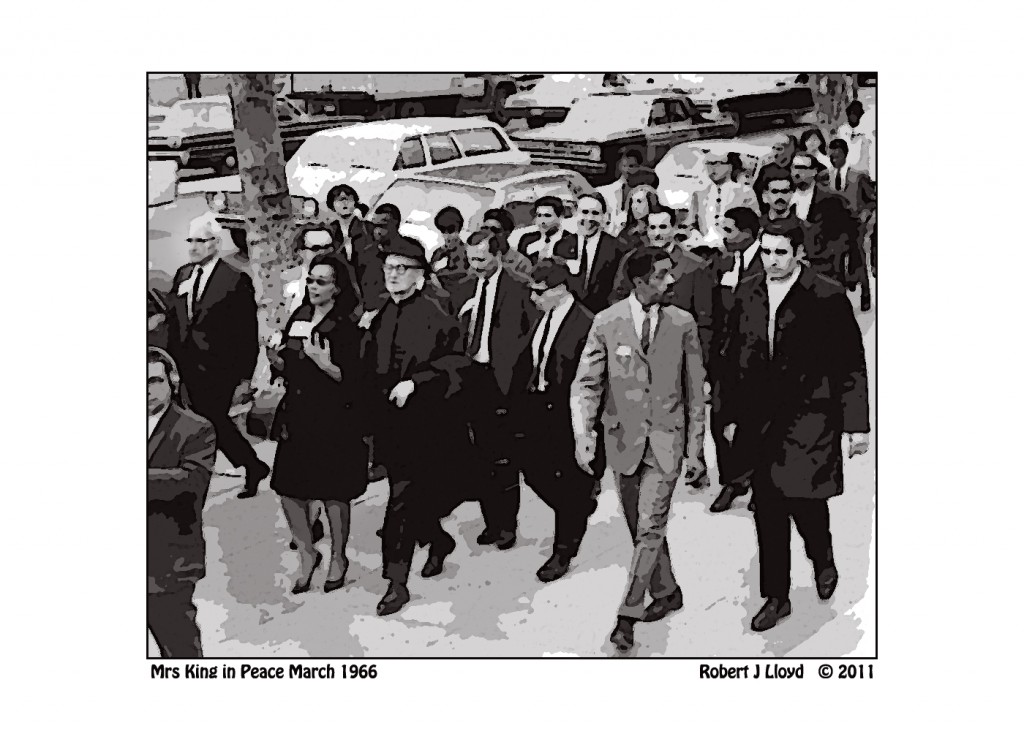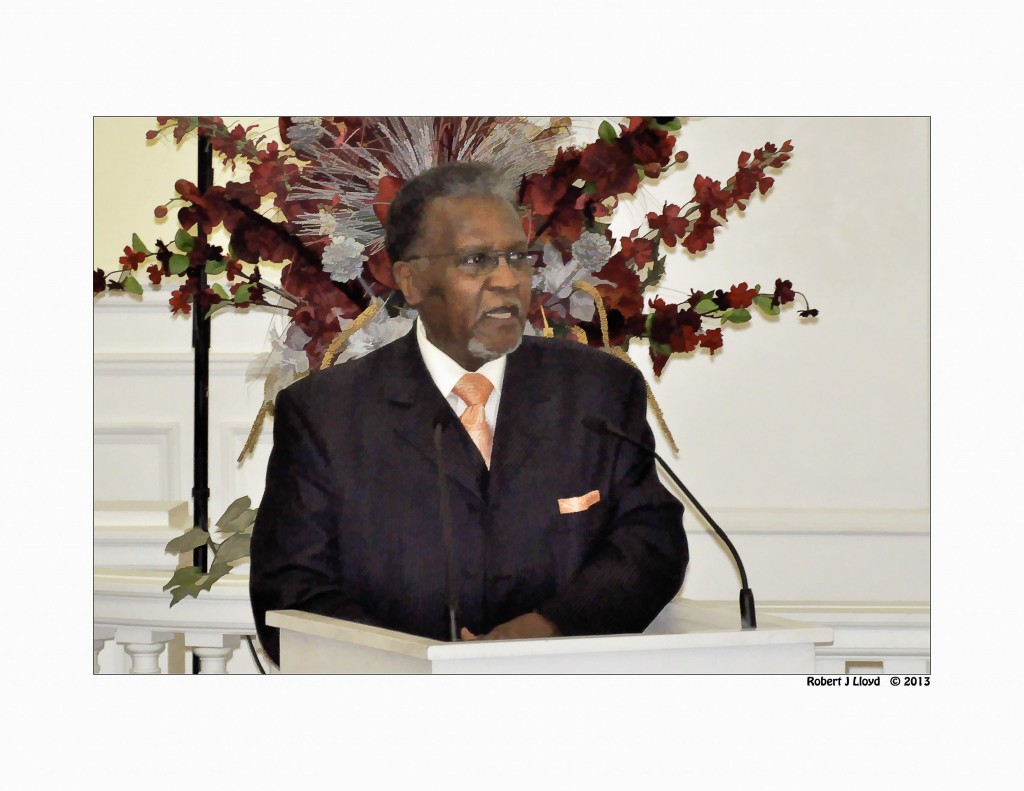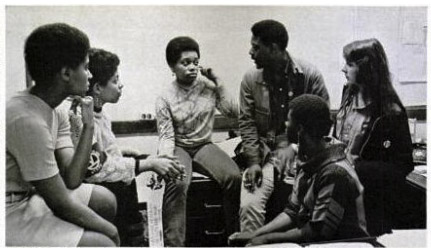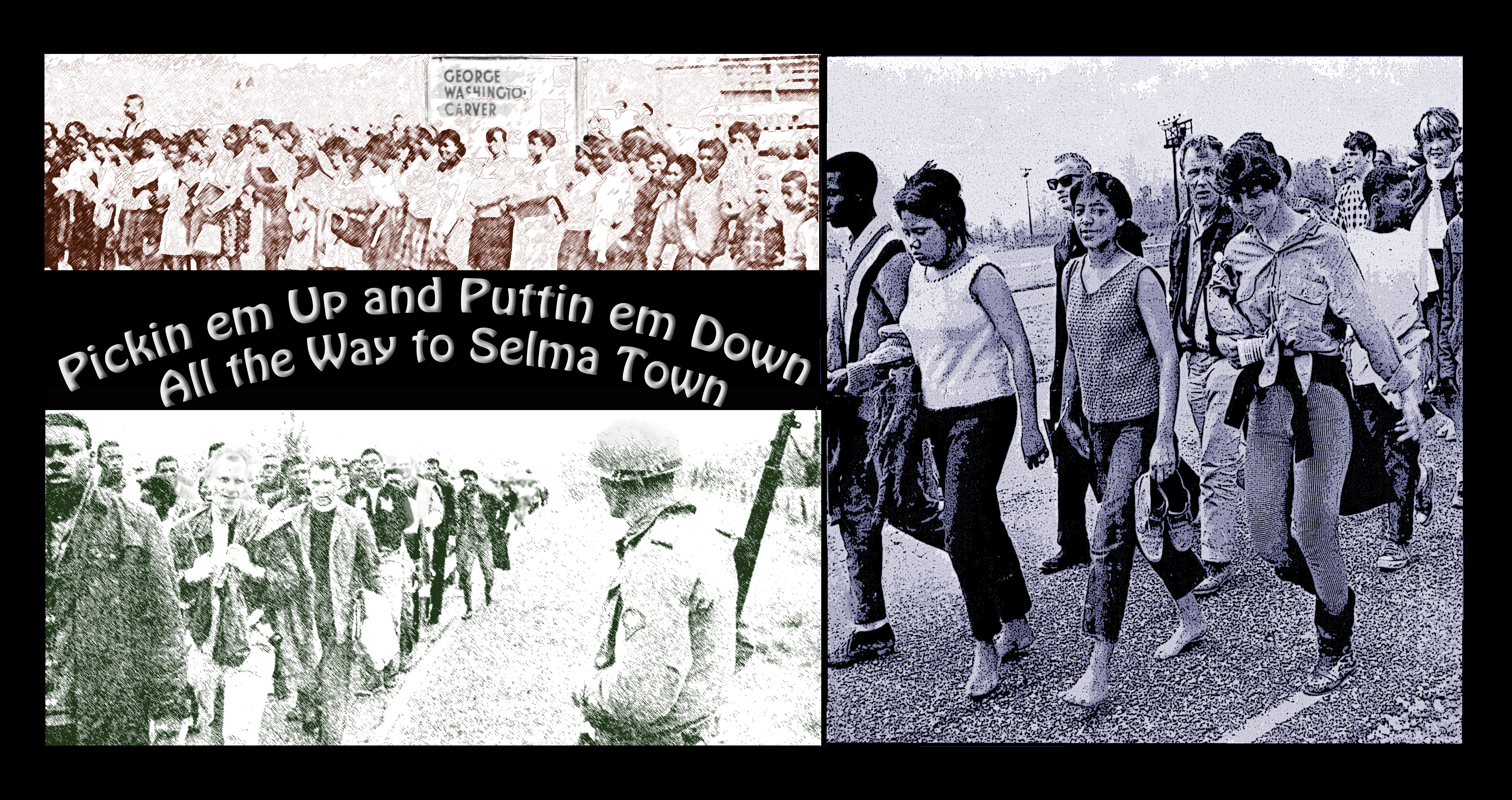Did you work in 2012? Make less than $50,270?
Single or married, with or without children, you likely qualify to get your taxes done free. Also, based on your earnings and family situation, you may get extra money back from the Earned Income Tax Credit (EITC).
If eligible you could receive (individual results may vary):
- $3,169 if you have one child
- $5,236 if you have two children
- $5,891 if you have three children or more
- $475 even if you have no children living with you & earnings less than $13,980
A community partnership of Avista Utilities
2012 FREE TAX LOCATIONS OPEN FEB 1 – APRIL 15
Sites by appointment only:
Cheney Library 610 1st St Thurs 4-7 pm; Fri 1-5 pm **
Northeast Community Center 4001 N Cook Wed 4-8 pm; Thur & Sat 10am-2pm **
Numerica Union 301 N Havana Tues, Wed, Thur 10am-2:30pm **
Spokane Co United Way 920 N Washington Suite 100 Tues 4-7pm; Fri 9-2; Sat 9-4**
Spokane Public Library 906 W Main Mon, Tues, Wed 10:30am-2pm **
** call 358-3526 (Washington Trust Bank)
Sites first come/first served:
Spokane Moran Priairie Library 6004 S Regal Tues 2-5pm; Sat 11am-3pm
Spokane Valley Library 12004 E Main Mon 4-7pm; Fri 1-4pm; Sat 10-1pm; Closed Mon Feb 18 for President’s Day
Deer Park City Library 208 S Forest Fri 11am-3pm
Medical Lake City Hall 124 S Lefevre Wed-Thur 5-7pm
What to Bring:
- 2011 tax return
- Valid PICTURE identification
- All income statements, such as 2012 W-2s, 1098, 1099 forms for you and spouse
- Social Security cards for you, spouse and all household members
- Proof of other income from you or spouse and banking information
- Child care provider information
- Property tax information if homeowner

